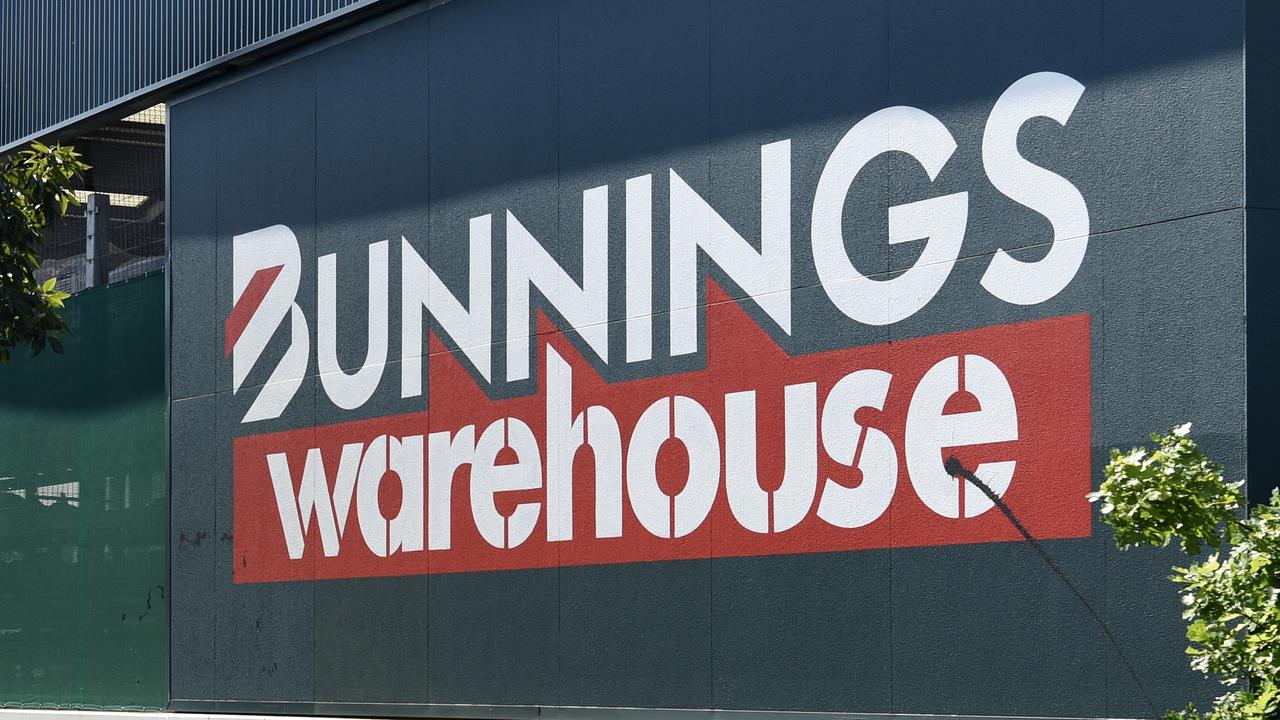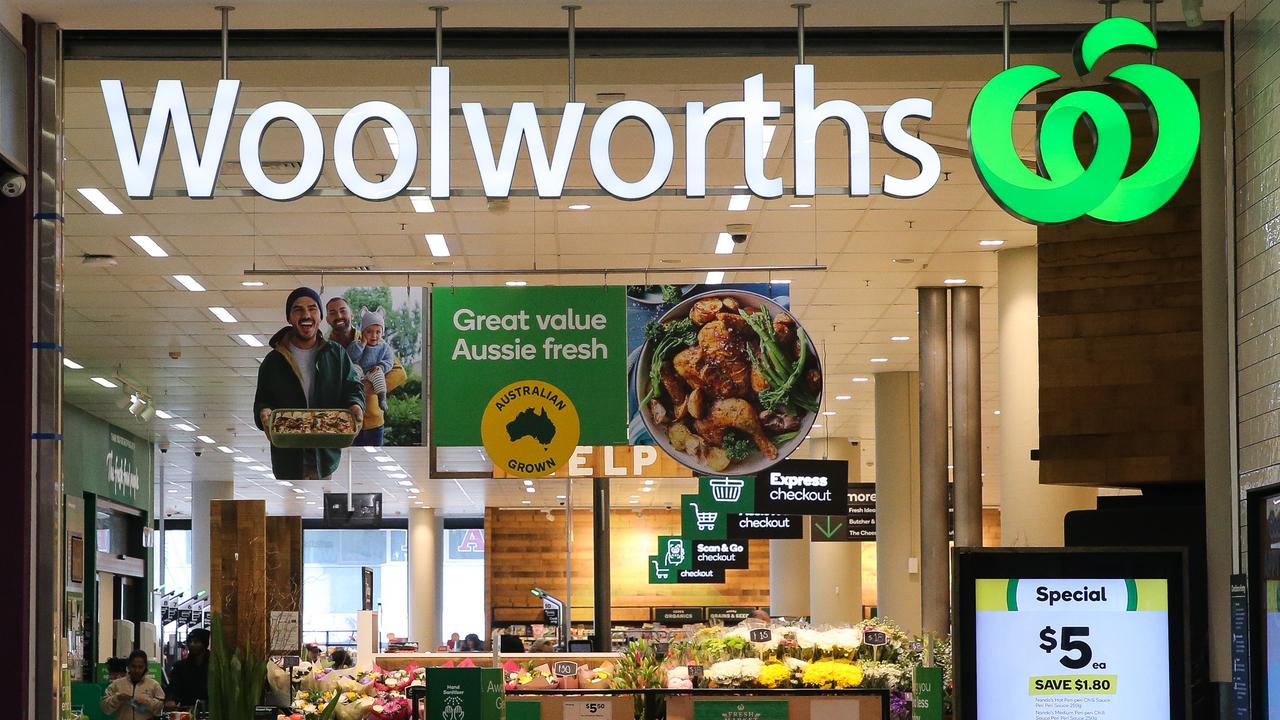What does a Myer and David Jones merger mean for consumers?
IT WAS an earth-shattering idea: What if the two behemoths of the retail industry became one? Here's what it would mean for you.
IF A merger of Myer and David Jones goes ahead, the combined company is set to save reams of money by consolidating its backend operations.
But does that translate to savings for consumers?
The news of a rejected $3 billion merger offer from Myer to David Jones last October surfaced late last week. The offer was turned down by the board in quick fashion and was not disclosed to the market.
However, David Jones remains a lucrative takeover target and a spokesman for David Jones chairman, Peter Mason, told the AFR the board would consider a better offer from Myer.
If the two businesses were to become one, it would mean significant savings for the melded entity with combined administrative, distribution, digital and buying functions. Despite this, retail expert Mr Brian Walker of consulting group Retail Doctor said it's unlikely consumers would see a fall in prices.
"Largely it'll be business as usual," he said. "Most consumers probably wouldn't even contemplate that [reduced prices could be a possibility]."
Walker said the focus of any merger would be about maximising profits for shareholders.
Even if the companies agreed to a merger, others have suggested it would face a hurdle with the competition watchdog. The Australian Competition and Consumer Commission would examine if the merger of Australia's two largest department stores would result in a less competitive landscape, for both consumers and suppliers.
While the combined force of Myer and David Jones could mean their combined buying power will drive down prices paid to suppliers, on the other hand it could mean higher ticket prices for customers due to the lact of a fierce rival keeping prices in check.
Mr Walker says it depends how you view the competitive retail landscape as online stores and new international entrants will keep the main players on their toes, and competitively priced.
The Australian retail industry has had a tough slog these past few years as it has struggled to keep up with more innovative overseas rivals and has suffered from weak consumer confidence.
Mr Walker believes if the merger should go ahead, the two brands would likely hold onto their individual identities. "While there is overlap, the two brands are fundamentally different," he said. "David Jones operate in a more premium environment whereas Myer is more mass appeal."
###




